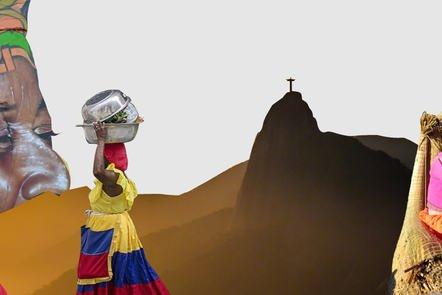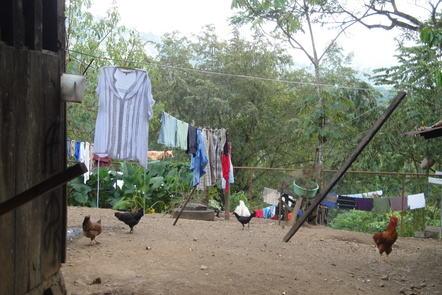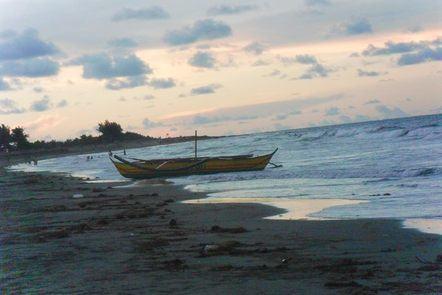UNESCO
In 1945, UNESCO was created in order to respond to the firm belief of nations, forged by two world wars in less than a generation, that political and economic agreements are not enough to build a lasting peace. Peace must be established on the basis of humanity’s moral and intellectual solidarity.
UNESCO strives to build networks among nations that enable this kind of solidarity, by:
- Mobilizing for education: so that every child, boy or girl, has access to quality education as a fundamental human right and as a prerequisite for human development.
- Building intercultural understanding: through protection of heritage and support for cultural diversity. UNESCO created the idea of World Heritage to protect sites of outstanding universal value.
- Pursuing scientific cooperation: such as early warning systems for tsunamis or trans-boundary water management agreements, to strengthen ties between nations and societies.
Protecting freedom of expression: an essential condition for democracy, development and human dignity. Today, at a time of increasing global challenges and threats, such as inequality, exclusion, violence and sectarianism, learning to live together among all members of the global community becomes more topical than ever before. Individuals become interculturally competent through learning and life experience for successful living in the modern complexity of our heterogeneous world.
On a daily basis, from its Headquarters and in the Field, UNESCO intervenes to accompany its Member States and all its partners to better understand and address the challenges of our more and more diversified societies, particularly through its intergovernmental Programme for Management of Social Transformations (MOST) as well the Culture of Peace and Non-Violence Programme which include, inter alia, initiatives for democracy and global citizenship, intercultural dialogue, education for peace and human rights and peace-building.
More info here.



